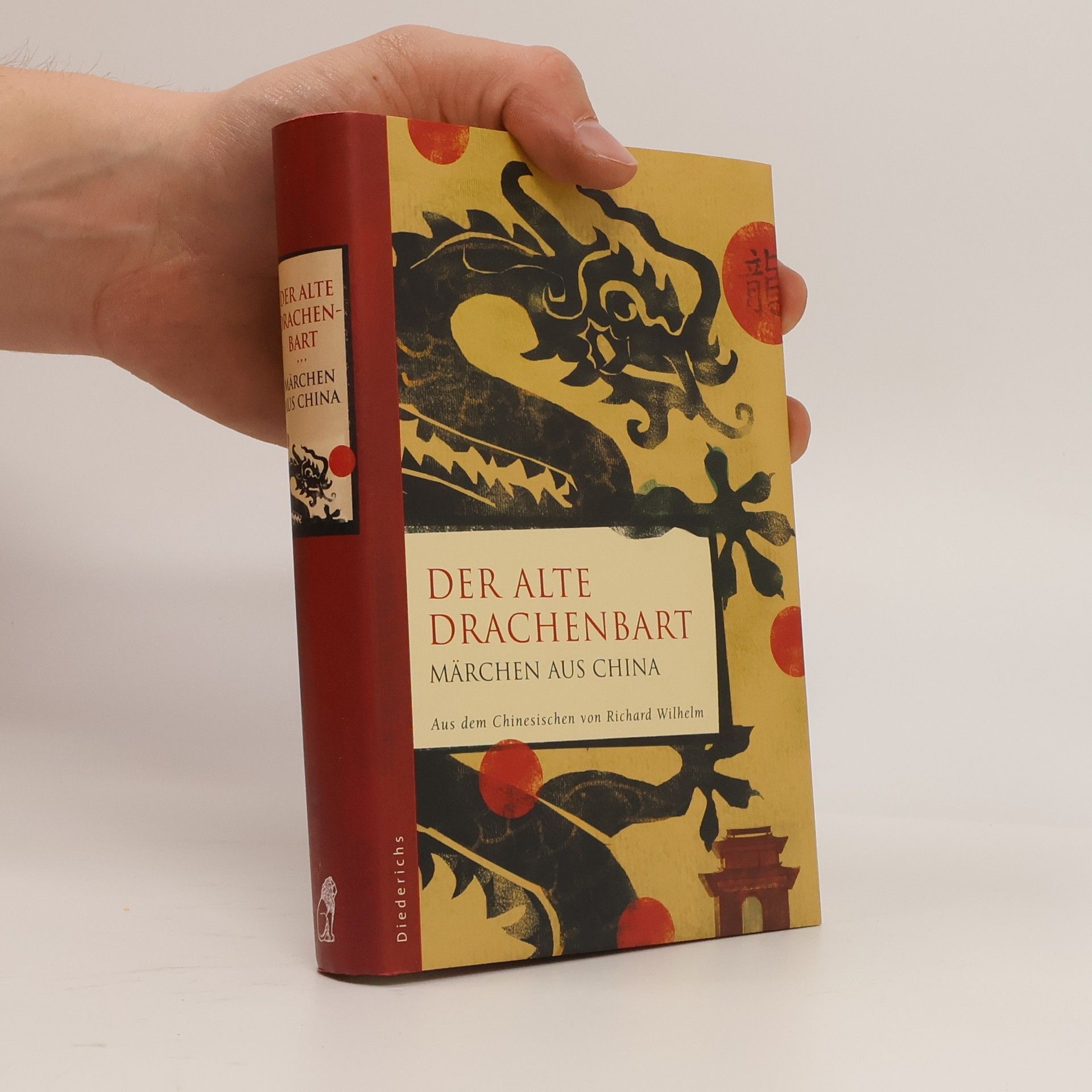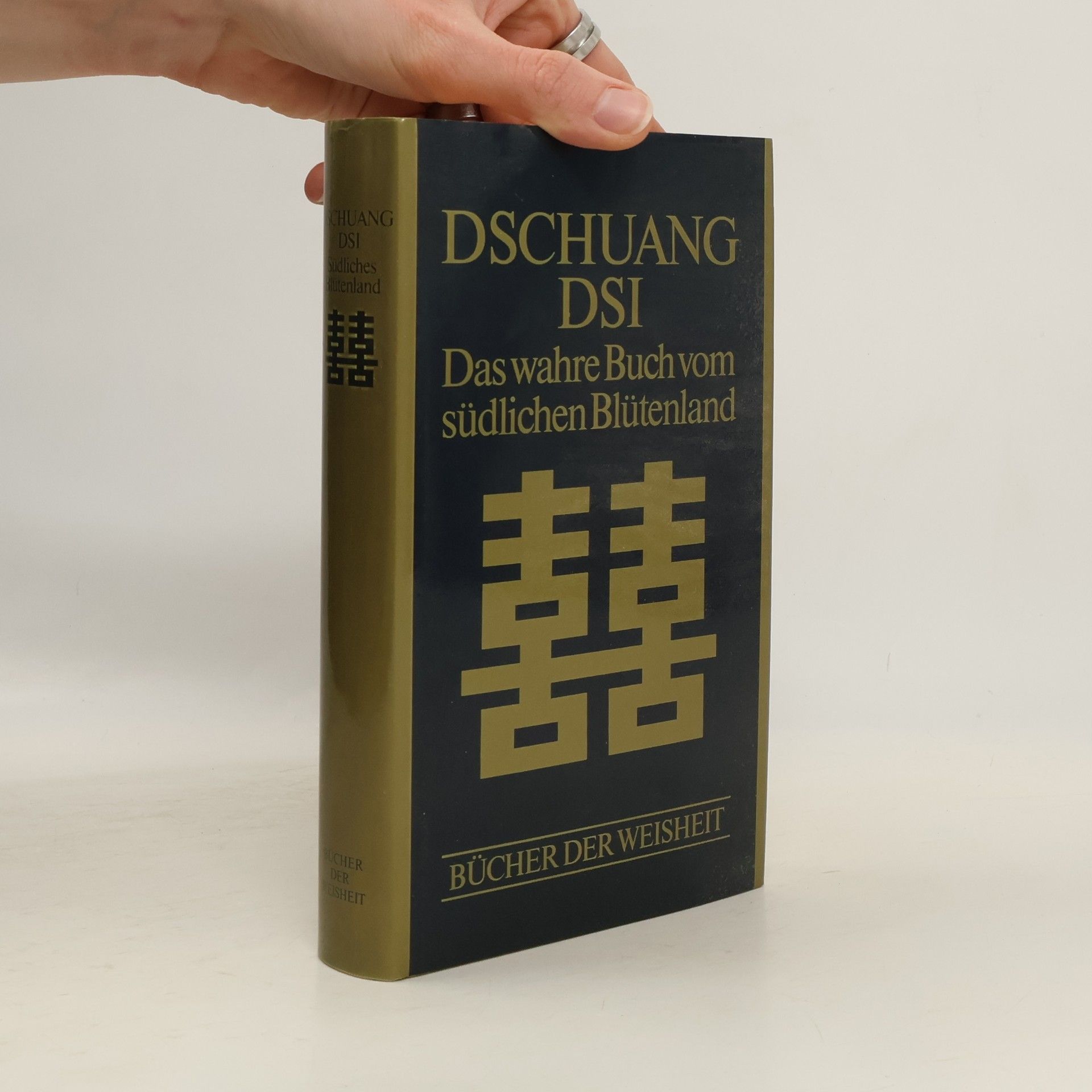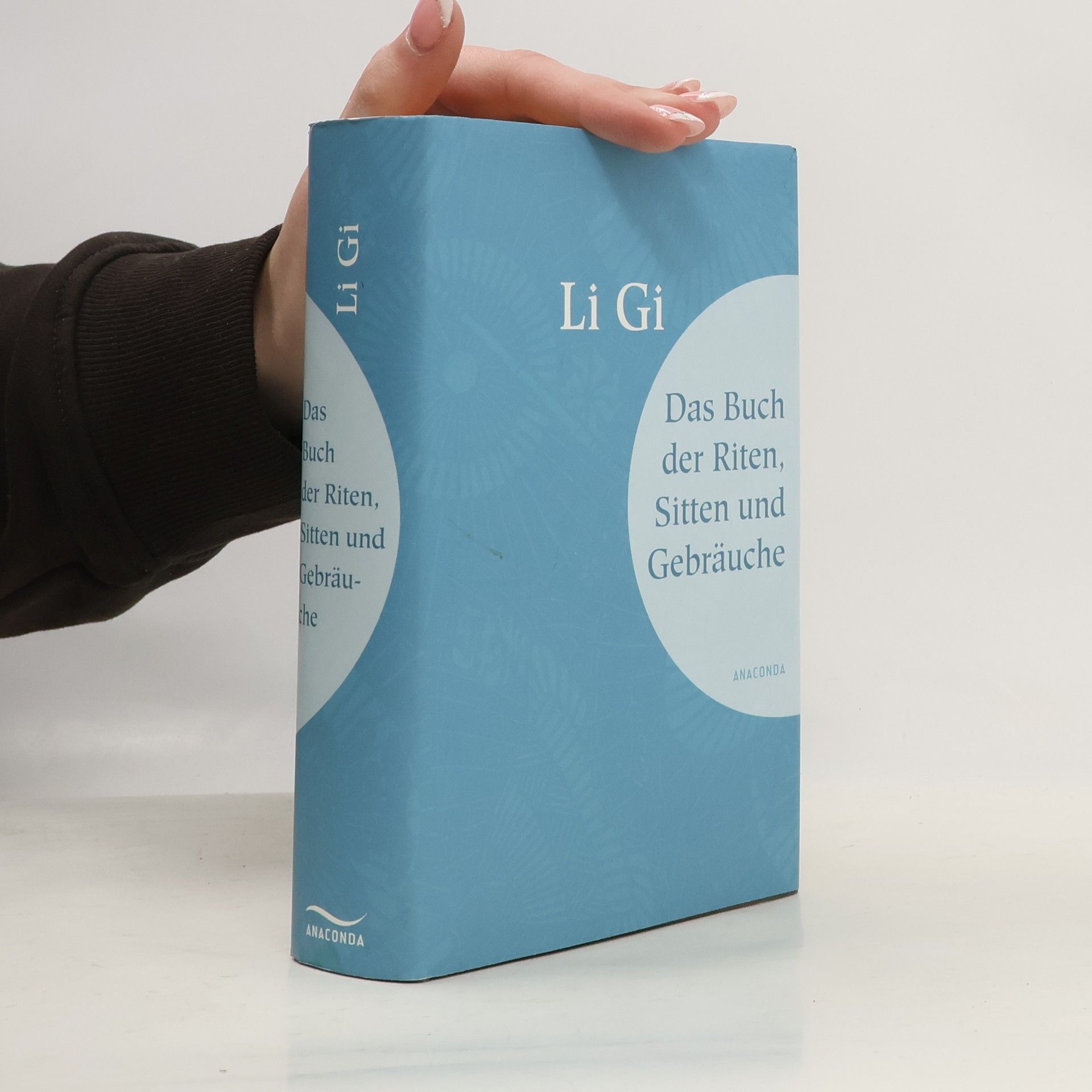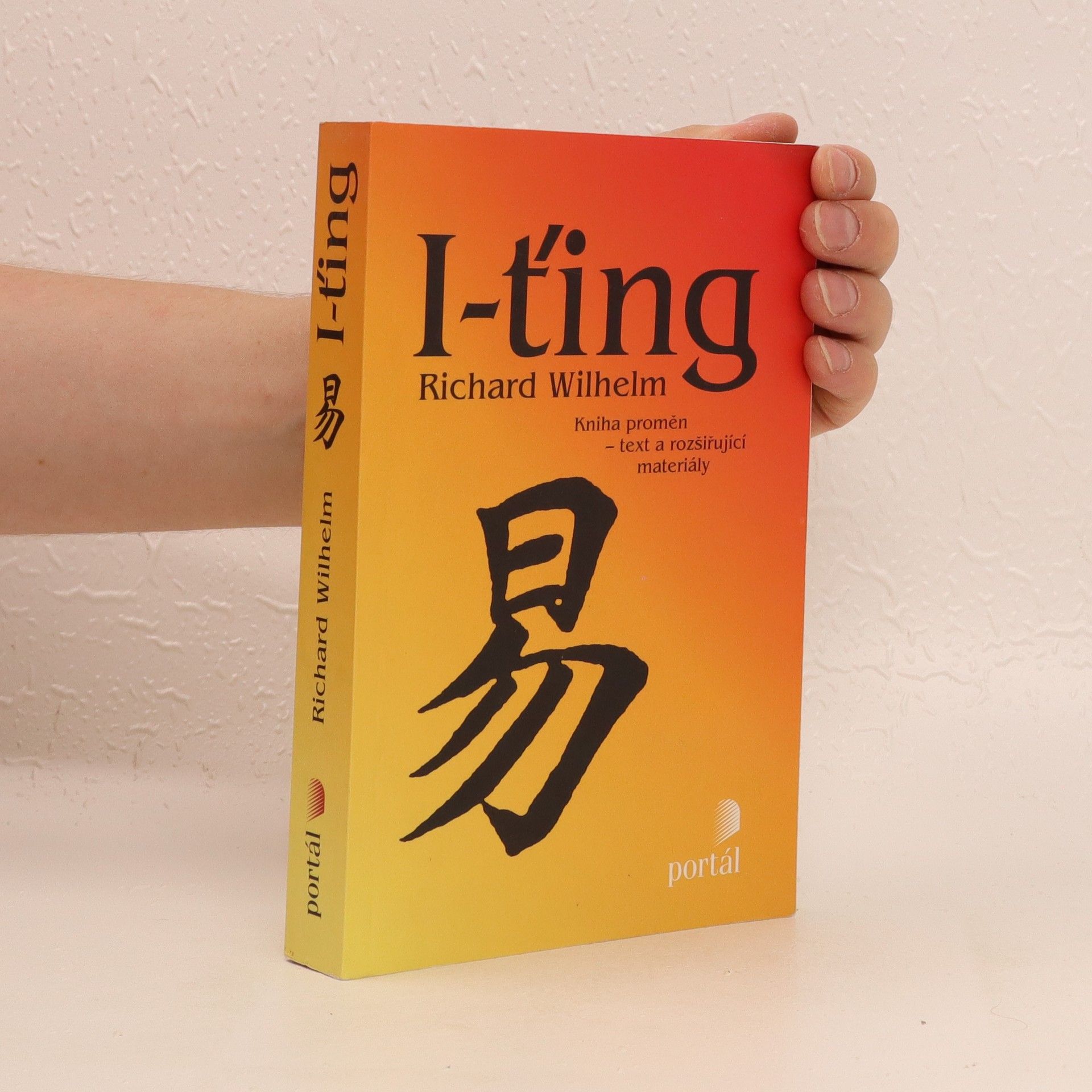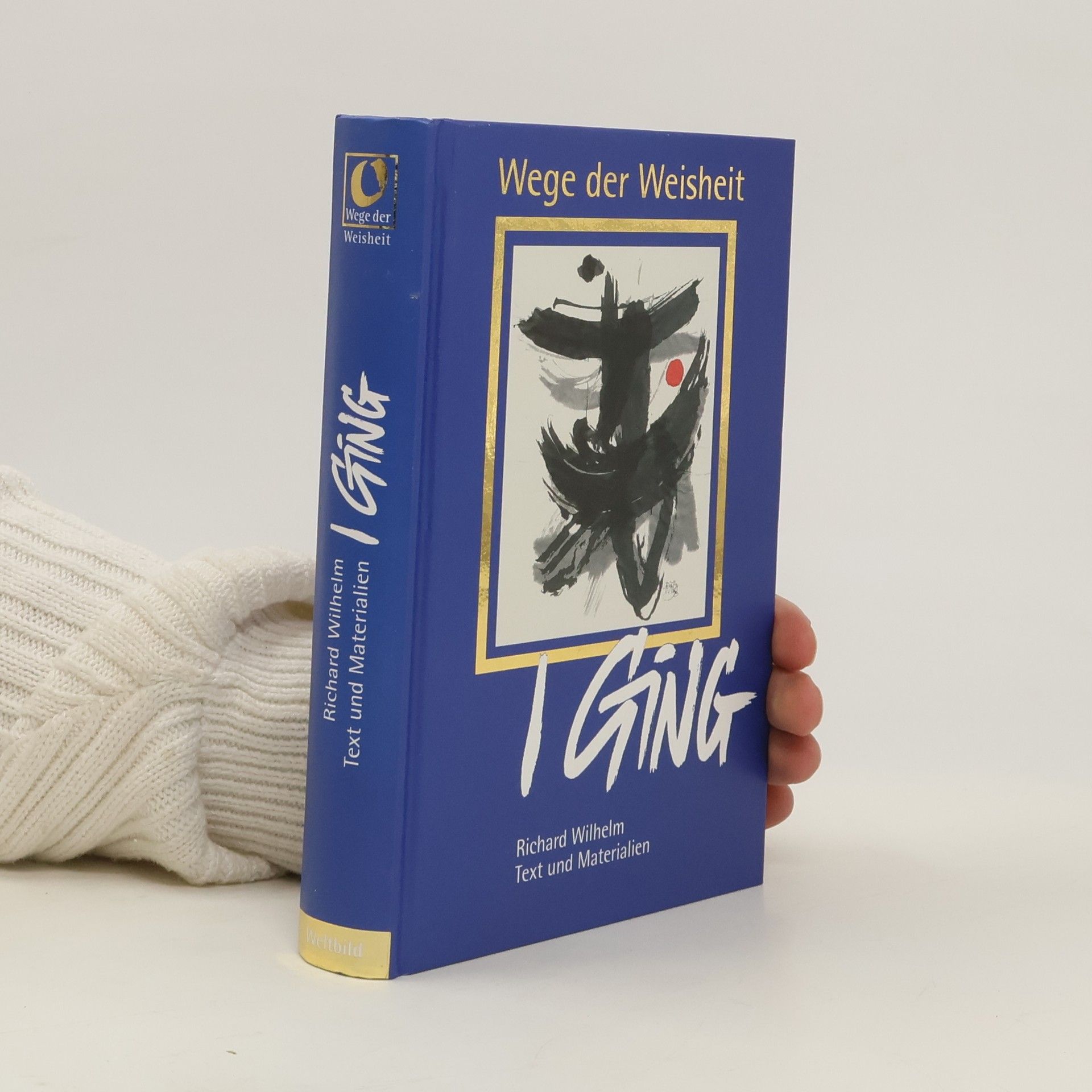An elegantly packaged new edition of a classic Chinese folk tale collection that responds to the contemporary fascination with the ancient culture of the Far East.
Richard Wilhelm Book order (chronological)
Richard Wilhelm was a dedicated German translator who brought significant Chinese philosophical works into German. His translations, renowned for their depth and precision, have been instrumental in introducing these profound ideas to a wider global audience through subsequent translations into other major languages. His rendering of the I Ching remains a benchmark of excellence, as does his version of The Secret of the Golden Flower. Both these influential translations are enriched by introductions from his personal friend, the Swiss psychologist Carl Jung, underscoring their intellectual significance.



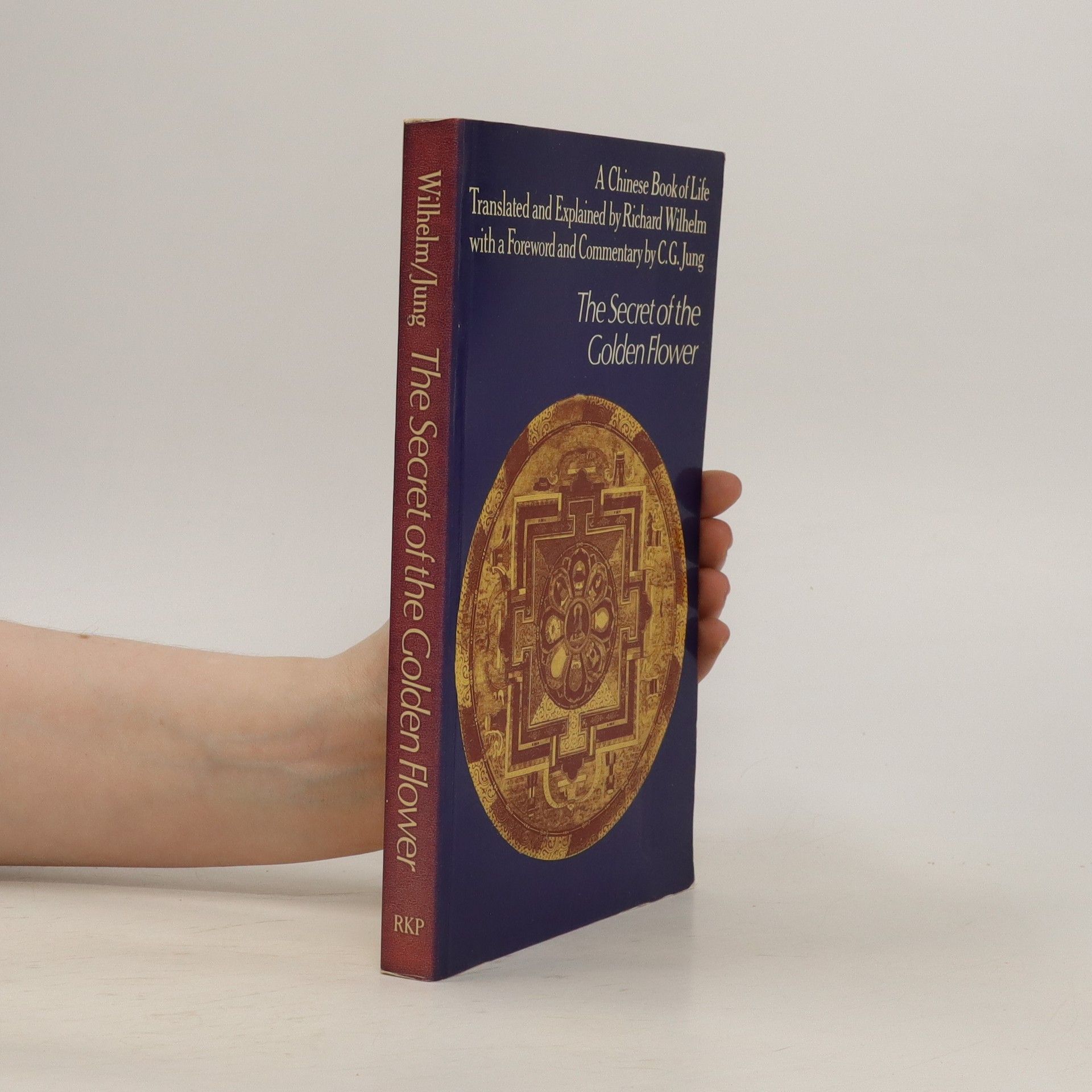
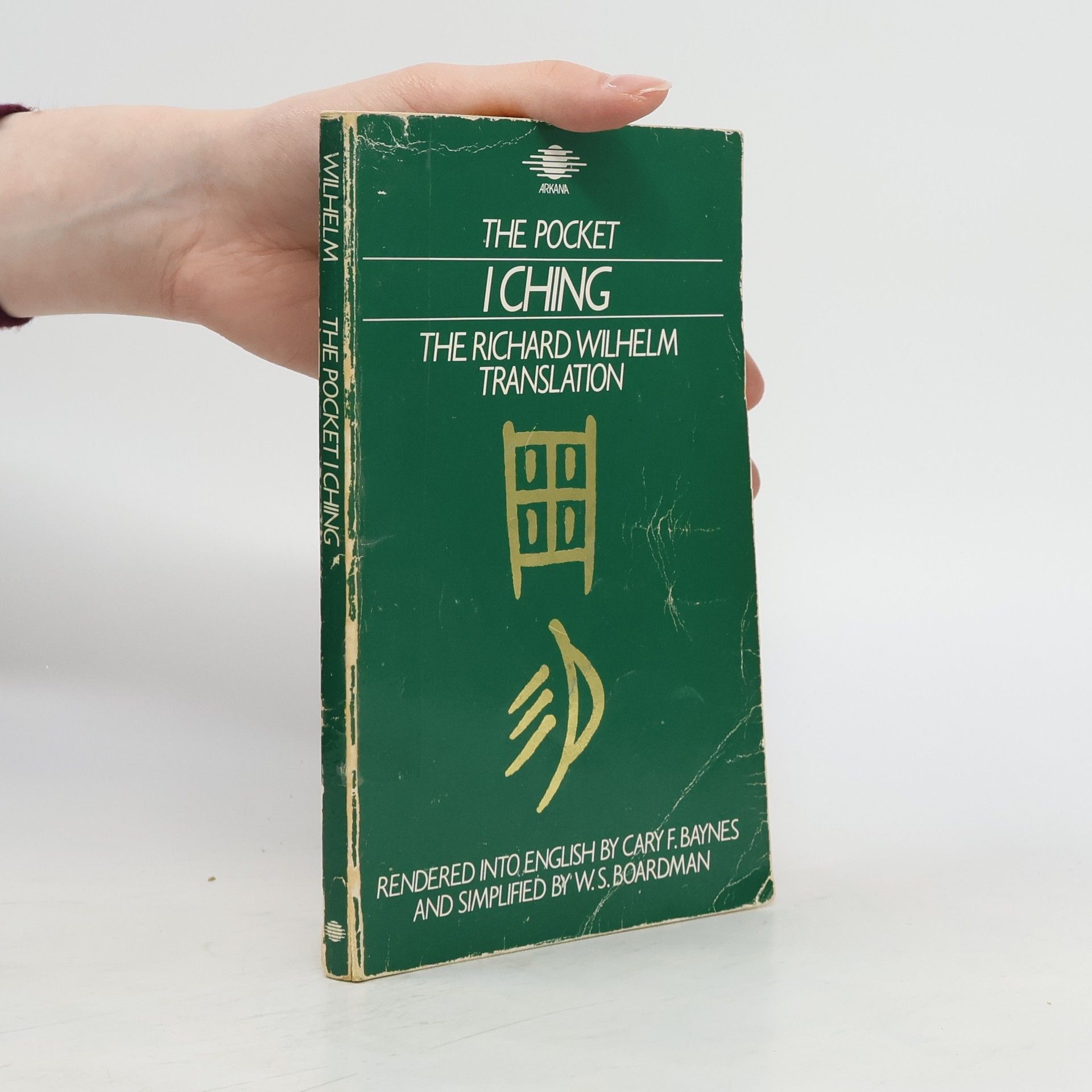
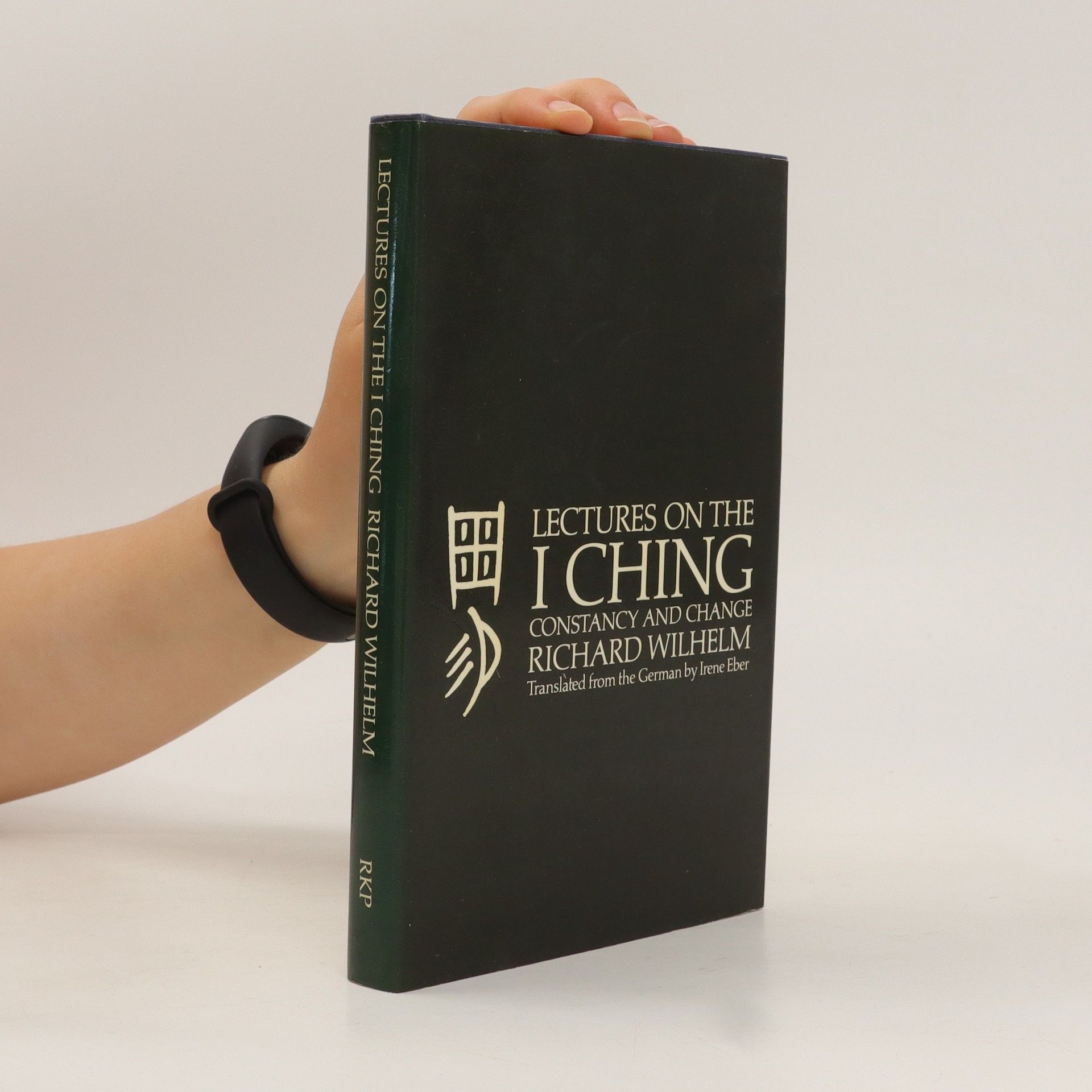
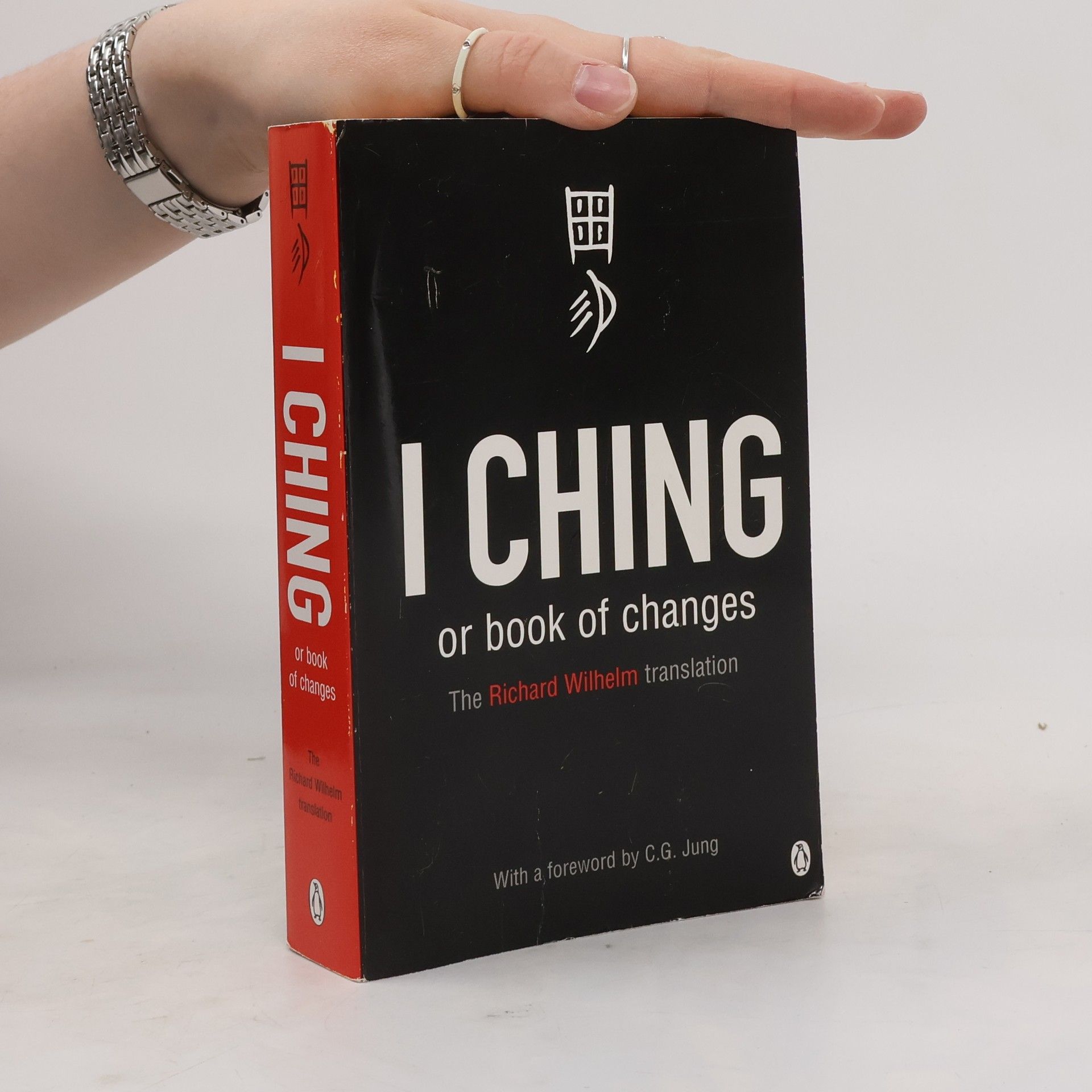
Das I Ging ist ein bedeutendes Werk der alten chinesischen Kosmologie und Philosophie, das die Balance der Gegensätze und die Akzeptanz von Veränderungen betont. Es beschreibt die Welt in 64 Hexagrammen und wird in der westlichen Kultur als Weisheits- und Weissagungsbuch sowie in China als Orakel genutzt.
Märchenhaftes Reich der Mitte Das Reich der Mitte kann auf eine mehr als zwei Jahrtausende lange Märchentradition zurückblicken. Der Sinologe Richard Wilhelm hat die schönsten, rührendsten und geheimnisvollsten Texte gesammelt und übersetzt. Seine bis heute unübertroffene Standardanthologie enthält neben Kindermärchen auch Götter- und Heldensagen sowie Gespenstergeschichten von höchstem literarischem Rang.
Zhuang Zi: Das wahre Buch vom südlichen Blütenland Entstanden im 4. Jahrhundert v. Chr. Hier in der Übersetzung von Richard Wilhelm. Neuausgabe. Herausgegeben von Karl-Maria Guth. Berlin 2016. Textgrundlage ist die Ausgabe: Dschuang Dsï: Das wahre Buch vom südlichen Blütenland. Übersetzt v. Richard Wilhelm, Düsseldorf/Köln: Eugen Diederichs Verlag, 1972. Die Paginierung obiger Ausgabe wird in dieser Neuausgabe als Marginalie zeilengenau mitgeführt. Umschlaggestaltung von Thomas Schultz-Overhage unter Verwendung des Bildes: Lu Chih, Zhuangzi träumt von einem Schmetterling, 16. Jahrhundert. Gesetzt aus der Minion Pro, 11 pt.
Das 'Li Gi' ist eines der fünf großen Weisheitsbücher Chinas, übersetzt von Richard Wilhelm. Es fasst Lebensregeln und den chinesischen Staatskodex zu Themen wie Pädagogik, Ethik, Sitte, Gesellschaft, Religion, Naturphilosophie sowie Riten und Verhaltensregeln zusammen.
Dieses Buch bietet eine allgemeinverständliche Gesamtdarstellung derchinesischen Philosophie von ihren Anfängen im 6. Jahrhundert vorChristus bis zum 18. Jahrhundert. Richard Wilhelm, einer der bedeutendsten deutschen Sinologen, hat die vorliegende Geschichte der chinesischen Philosophie nach den Urquellen bearbeitet und bietet im vorliegenden Buch einen konzisen Überblick von der Entstehung des philosophischen Denkens, über die verschiedenen philosophischen Schulen und Lehren – Taoismus, Konfuzianismus und Buddhismus - bis hin zur Philosophie des 18. Jahrhunderts.
1.vydání. I-t'ing je pravděpodobně jednou z nejstarších knih Číny. Sinolog Richard Wilhelm, žijící v minulém století, tuto bohatou pokladnici staré čínské moudrosti během svého pobytu na Tchaj-wanu po čínské revoluci prostudoval a svým dnes již klasickým překladem ji zpřístupnil evropským čtenářům. Od té doby tato životní moudrost oslovuje nové a nové čtenáře. Jako orákulum, divinační techniku, lze I-t'ing využít k dotazování se, jak jednat v konkrétních životních situacích. Odpovědi obrazného rázu pak pomáhají porozumět současné situaci i směru, kterým se může budoucnost člověka ubírat. V tomto pojetí je I-t'ing úzce spjat s myšlenkou synchronicity, jak ji představila jungovská analytická psychologie.
Kommentar von Carl Gustav Jung, übersetzt aus dem Chinesischen von Richard Wilhelm. Sonderausgabe mit Abbildungen, 191 Seiten.

